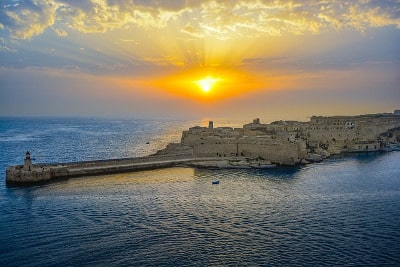Are you domiciled or non-domiciled?
Your domicile is generally the country you live in permanently or have a substantial connection to. If your parents were domiciled in the UK when you were born, then, in most cases, the UK will be your domicile of origin.
If you move abroad permanently and cut ties in the UK, then your domicile may change, but only if you take specific action in your new country of domicile.
If you have moved abroad, but still have significant ties to the UK, such as family, property, income from pensions etc, then you are likely to still be a UK domicile, but with foreign residency.
What is a non-dom status?
People living in the UK whose domicile is outside Great Britain are non-domiciled or ‘non-dom’. Someone with non-dom tax status may not have to pay UK tax on income from their domicile country or other foreign income.
How to get non-dom status
You may be entitled to non-dom status if you live in one country, but your permanent home (‘domicile’) is in another country. If you’re a UK resident and you’re not sure if you have non-dom status, Gov.UK offers official Government guidance.
And what about residency?
If you live abroad in a single country for 183 days or more in one tax year you could be considered resident in that country for tax purposes. For example, the authorities in France will consider you to be a resident for tax purposes if one of the following applies:
- Your main home is in France.
- You spend more than 183 days in France during the course of the tax year.
- You spend more days in France than any other country.
- France is your main place of economic activity.
The UK’s statutory residence test (SRT) can help you establish your residency status.
To work out if you are a UK tax resident, the SRT provides several assessments or “tests” – the automatic UK residence tests, the automatic overseas residence tests and, if these don’t establish your residency, the sufficient ties test, which could be used to establish your status as a UK resident.
Tax planning advice for expats
In our experience, tax planning and foreign tax obligations are one of the things that keeps expats awake at night. Trying to work out if you have non-dom status, how to get non-dom status, what your requirements are and how your domicile and residency statuses affect how much and where you should pay – it can all be quite an issue.
Instead, consult an expert and talk to Blacktower today. Many of our financial advisers are expats themselves and understand your concerns completely. From our branches across Europe in countries like France and Spain, and in Grand Cayman, USA and the UK, we can provide you with expert local knowledge to ensure you are fulfilling your tax obligations while making the most of relevant allowances and tax treaties.
Disclaimer: The above information was correct at the time of preparation and does not constitute investment advice. You should seek advice from a professional regulated adviser before embarking on any financial planning activity.
This communication is for informational purposes only and is not intended to constitute, and should not be construed as, investment advice, investment recommendations or investment research. You should seek advice from a professional adviser before embarking on any financial planning activity. Whilst every effort has been made to ensure the information contained in this communication is correct, we are not responsible for any errors or omissions.

 Malta’s favourable residency schemes are likely to stay in place for some time after Brexit and this has propelled the Mediterranean archipelago to the top of the list for some UK citizens who are considering their options for relocation in the near future.
Malta’s favourable residency schemes are likely to stay in place for some time after Brexit and this has propelled the Mediterranean archipelago to the top of the list for some UK citizens who are considering their options for relocation in the near future.